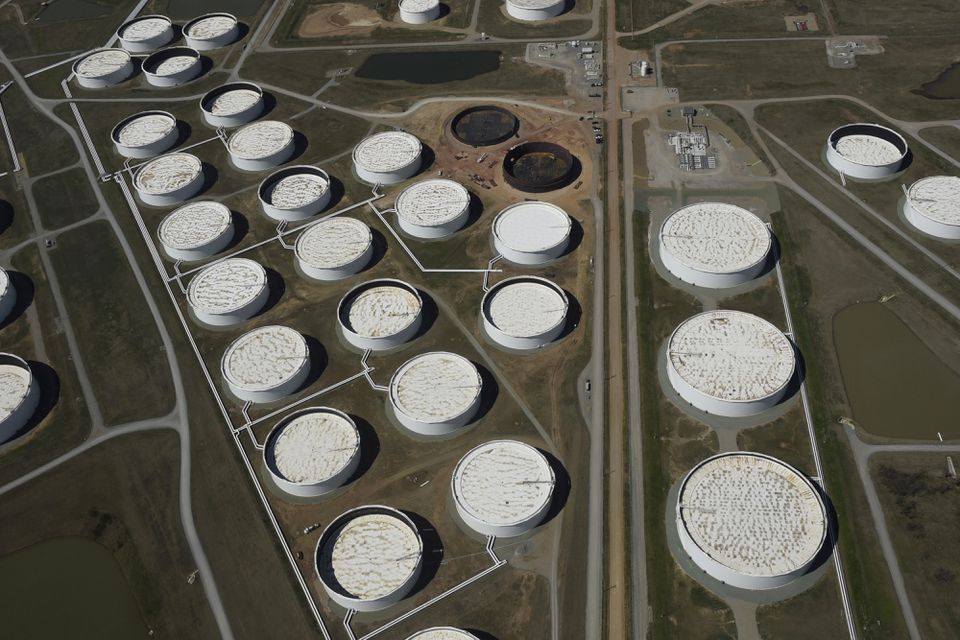Oil prices rose on Wednesday, clawing back some of Tuesday’s heavy losses as supply concerns returned to the forefront and outweighed lingering worries over a global recession.
Brent crude futures rose by $1.62, or 1.58%, to $104.39 a barrel at 0839 GMT.
U.S. West Texas Intermediate (WTI) crude climbed $1.04, or 1.05%, to $100.54 a barrel after closing below $100 in the previous session for the first time since late April.
Both contracts on Tuesday recorded their largest daily drop since March on recessionary fears and other bearish pressures which also kept a lid on Wednesday’s price rise.
Oil prices have seen a knock from a resurgent dollar, which is holding at a 20-year peak against the euro and multi-month highs against other major peers.
A stronger greenback usually makes oil more expensive in other currencies, which could curb demand.
Renewed concerns of COVID-19 lockdowns across China could also cap oil price gains.
And the Norwegian government on Tuesday intervened to end a strike in the petroleum sector that had cut oil and gas output, ending a stalemate that could have worsened Europe’s energy crunch.
But analysts expect a quick resurgence in oil prices as supply tightness persists and as front-month spreads have held up despite Tuesday’s price fall.
Brent’s six-month market structure was in steep backwardation of $15.12 a barrel, up by just 70 cents from the previous day. Backwardation exists when contracts for near-term delivery of oil are priced higher than those for later months.
“The price action overnight, with both contracts trading in near fifteen dollar ranges, hints more at panic and forced liquidation, than a structural change in the tight supply-demand situation globally,” said Jeffrey Halley, a senior market analyst at OANDA, adding that oil prices may be in danger of overshooting to the downside.
Meanwhile, Kazakhstan said on Wednesday it was discussing measures to tackle the impact of restrictions on oil exports via the Caspian Pipeline Consortium (CPC), which ships Kazakh crude via Russia to the Black Sea.
The CPC, which handles about 1% of global oil, said on Wednesday that a Russian court had ordered it to suspend operations for 30 days, citing issues related to oil spills.


